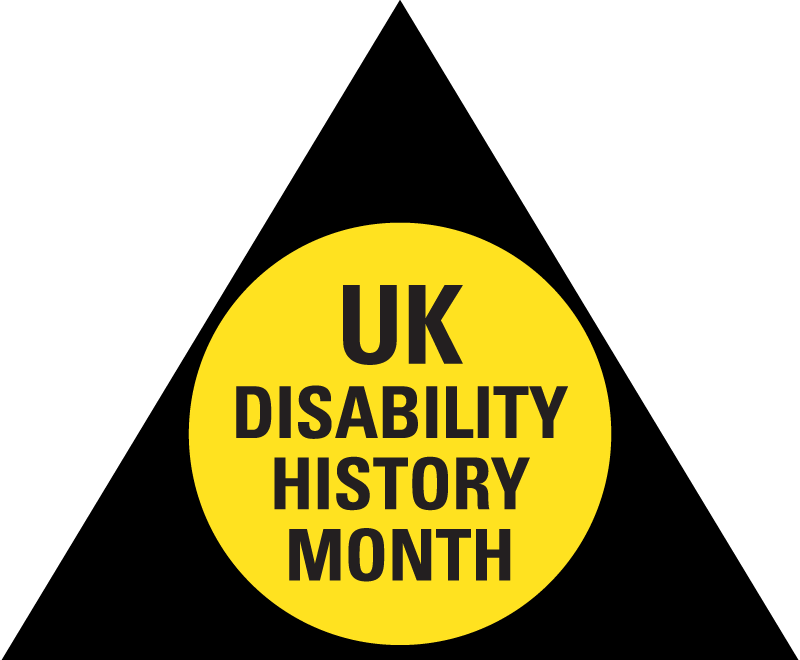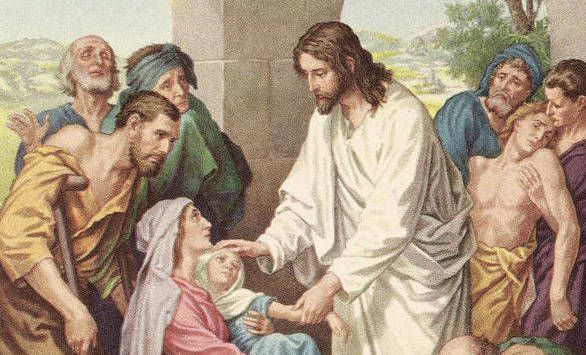Disability, Humanity and Celebration
Do we see humanity in disability and do we celebrate it?

July is the month to celebrate disability!
It's called 'Disability Pride' and has absolutely nothing to do with LGBTQi+. I think we should now ditch the "Pride" bit and the pastel coloured rainbow flag as it confuses people. To most people "Pride" and anything rainbow is LGBTQi+ and nothing else.
Add to that, most non disabled people think it's a joke when you say you're celebrating disability - because, as I'm often told by many strangers; "I'd rather be dead than in that". 'That' is my wheelchair by the way. (I wrote more about this here)
You'd be surprised how many people wonder why on earth you'd want to celebrate disability! They are the people who think disability is a tragedy.
But there's also lots of people who see disability as people who are a burden, who shouldn't be given any support to survive in the world and should be killed before or at birth. That group of people is growing.
No wonder everyone ignores Disability Pride Month!
I wrote an article for Christian Today about the vilification of disabled people in the press. I wanted to keep it short, so didn't mention a whole raft of things that were relevant, such as how disabled people are represented generally in the press both in language and preconceptions.
At the end of the article I asked the question; "How does the church see the humanity of disabled people?"
There are lots of people, authors and organisations asking the question about what it means to be human at the moment. I even saw an older episode of Louis Theraux asking this exact question.
I've been waiting for the piece on what does it means to be human and disabled. Of course, no one has written this article yet. It will probably come, just a lot later.....if at all
So, I'm going to jump in! I probably won't answer the question, just give questions and comments for others to consider.
I think it will be more of a "No wonder we see ourselves as less than human" than "What does is mean to be disabled and human"
Only this morning I pointed out , in response to a statement from the World Health organisation on allowing an elective termination of a pregnancy up until birth for anyone, that this was already the case for babies with disabilities. I had lots of people challenge the truth of my statement with comments like "but that isn't true" and a few others with ruder words! So I shared an article that showed that this is indeed true. (No one answered that tweet).
I am amazed at how few people in this country know about this - even Christians who would identify as pro-life.
What does it say about the humanity of disabled people when parents whose babies have disabilities or fixable issues can be and are asked, even hours before going into labour, are you sure you don't want to terminate this pregnancy? And no, this isn't 'false news'. Check the facts
here.
These parents are made to feel guilty from the point of finding out their baby has a disability upto giving birth (and often beyond).
In so many areas of life, disabled people are seen as 'less than':
Hate crime on the rise - again.
No accessible support in hospitals if you can't "Hop on the bed"
Inaccessible shops, cafes and restaurants (it's not just about level access - in most places you can get through the door, but no further and the accessible loo cannot be reached or used.
And you should see how much personal information I have to give just to get a wheelchair space for a concert! I've given up and don't go to concerts anymore.
The list here could be a long one.....so I'll stop there.
In a Christian setting, the humanity of disabled people is challenge in many ways:
- The constant offers of prayer for healing, including many from complete strangers. This tells us we need to be fixed to be accepted by God and by other humans.
- The many people asked to leave their church because they haven't been healed, the assumption being they don't have faith that God wants them fixed.
- The families asked to leave and find a church more suited to their needs, or are just forced to leave by the actions of the leadership.
- The disabled people not allowed simple accommodations that would help other people too, because "Why should we do this for one person".
- The disabled young people constantly overlooked for leadership mentoring programmes or worship leading roles. Because obviously, they're not fully human - are they?
- The lack of accessible Christian holidays where disabled children can go with their friends rather than being segregated into one of the very rare "Christian holidays for Crippled Kids" [My sarcasm added!]
I could go on....
Can I be human and disabled?
Psalm 139 says yes. The fact that God put rules in place to make sure disabled people were cared for in a tough place says yes.
The story of salvation itself says yes - we are fully human and able to come to God through Jesus.
I AM human
My friend who are disabled, have additional needs, are neurodivergent or struggle with their mental health are all human.
God sees us - because He is 'The God who Sees'
(Genesis 16:13: She gave a name to the Lord who spoke to her. She called him “You are the God who sees me.” That’s because she said, “I have now seen the One who sees me.”)









